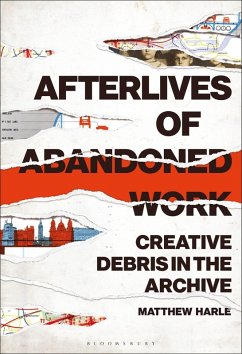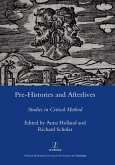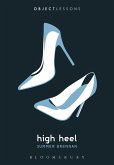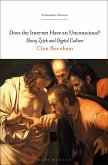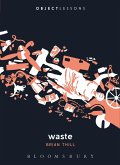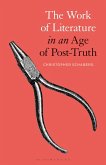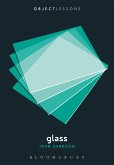Afterlives of Abandoned Work considers the relevance of unfinished projects to literary history and criticism, looking beyond famous posthumous work to investigate the abandoned everyday, from scrapped plans and rejected ideas to half-written novels or unfinished artistic works. It traces how the reading of abandoned creative endeavor-whether arriving in the form of a rejection letter, a disagreement with a collaborator, or the simple act of walking away from one's desk-can change the way we think about cultural production, the creative process, and the intellectual construction of everyday life.
Over five distinct journeys through a variety of archives, from major research libraries to the unique collections of individual enthusiasts, Matthew Harle draws surprising connections between literary studies, media studies, and visual arts, exploring unfinished projects from Thomas Pynchon, Muriel Spark, B.S. Johnson, Harold Pinter, and others. Rooted in literary criticism, Afterlives of Abandoned Work reads unbuilt buildings, unfilmed screenplays, and unpublished novels and radio sketches as forms of text that can help us consider the enduring fragmentation and anecdotal construction of cultural form, as well as expand literary criticism's approach to the archive.
Hinweis: Dieser Artikel kann nur an eine deutsche Lieferadresse ausgeliefert werden.
Over five distinct journeys through a variety of archives, from major research libraries to the unique collections of individual enthusiasts, Matthew Harle draws surprising connections between literary studies, media studies, and visual arts, exploring unfinished projects from Thomas Pynchon, Muriel Spark, B.S. Johnson, Harold Pinter, and others. Rooted in literary criticism, Afterlives of Abandoned Work reads unbuilt buildings, unfilmed screenplays, and unpublished novels and radio sketches as forms of text that can help us consider the enduring fragmentation and anecdotal construction of cultural form, as well as expand literary criticism's approach to the archive.
Hinweis: Dieser Artikel kann nur an eine deutsche Lieferadresse ausgeliefert werden.

